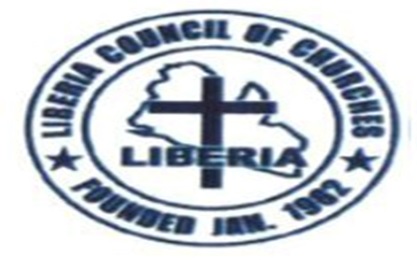The Liberia Council of Churches (LCC) has urged the Legislature to thoroughly examine the recent acquisition of 285 pieces of earthmoving equipment by President Joe Boakai. While acknowledging the importance of investing in such machinery for development purposes, the LCC emphasized the need to uphold the law and avoid compromising integrity. The Council stressed that adherence to purchasing and procurement regulations is essential to prevent any suspicions of corruption.
In a statement issued yesterday, the LCC expressed its views on the tenured position saga, stating that President Boakai’s decision to remove tenured officials after the Supreme Court ruling had escalated the debate rather than resolving it.
The Council believed that President Boakai should have taken the necessary steps in accordance with the law, and leaving the Supreme Court’s decision unimplemented undermined the coordination among the three branches of government.
The Council of Churches argued that this action by President Boakai contravened the rule of law governing these tenured positions.
Shifting focus to the establishment of a War and Economic Crimes Court, the LCC commended President Boakai for establishing an office to ensure its formal establishment. This move signifies an important step towards justice and accountability for past atrocities committed in Liberia.
Furthermore, the Council expressed its concerns regarding what they referred to as “Legislative Waste.” They lamented the misuse of the National Budget over the years, where a few individuals have enriched themselves at the expense of the impoverished population. The LCC called for an end to this practice, emphasizing that it undermines the country’s reputation as a serious and responsible nation. The Council highlighted the issue of budget manipulations in the Legislature, which has led to some senators being sanctioned. They scrutinized the substantial benefits and salaries received by lawmakers, with some earning more than ten thousand United States dollars. The LCC questioned the necessity for additional fees for constituent breaks, retreats, and the frequent purchase of vehicles within a short period of time, considering it wasteful and an abuse of power.

